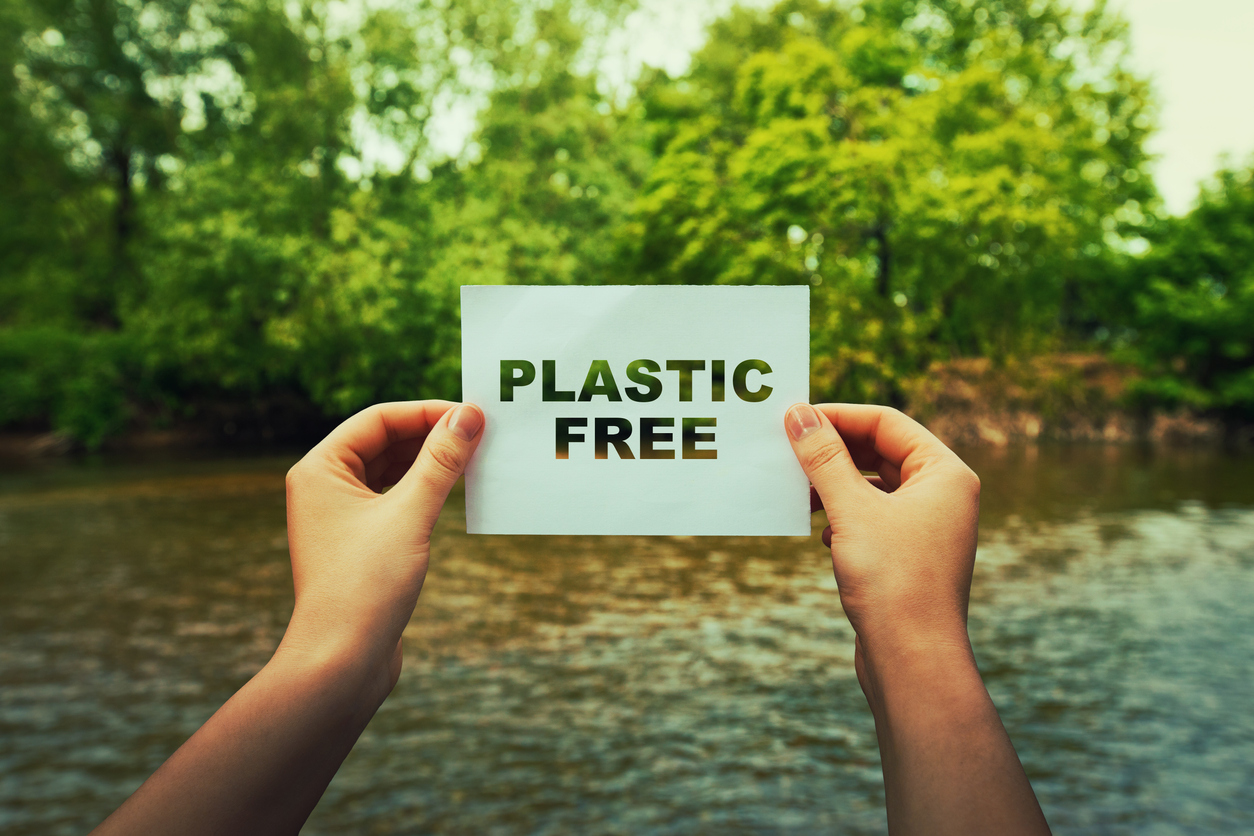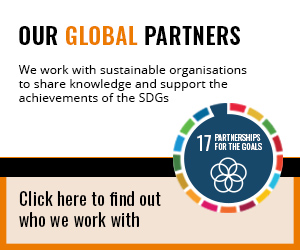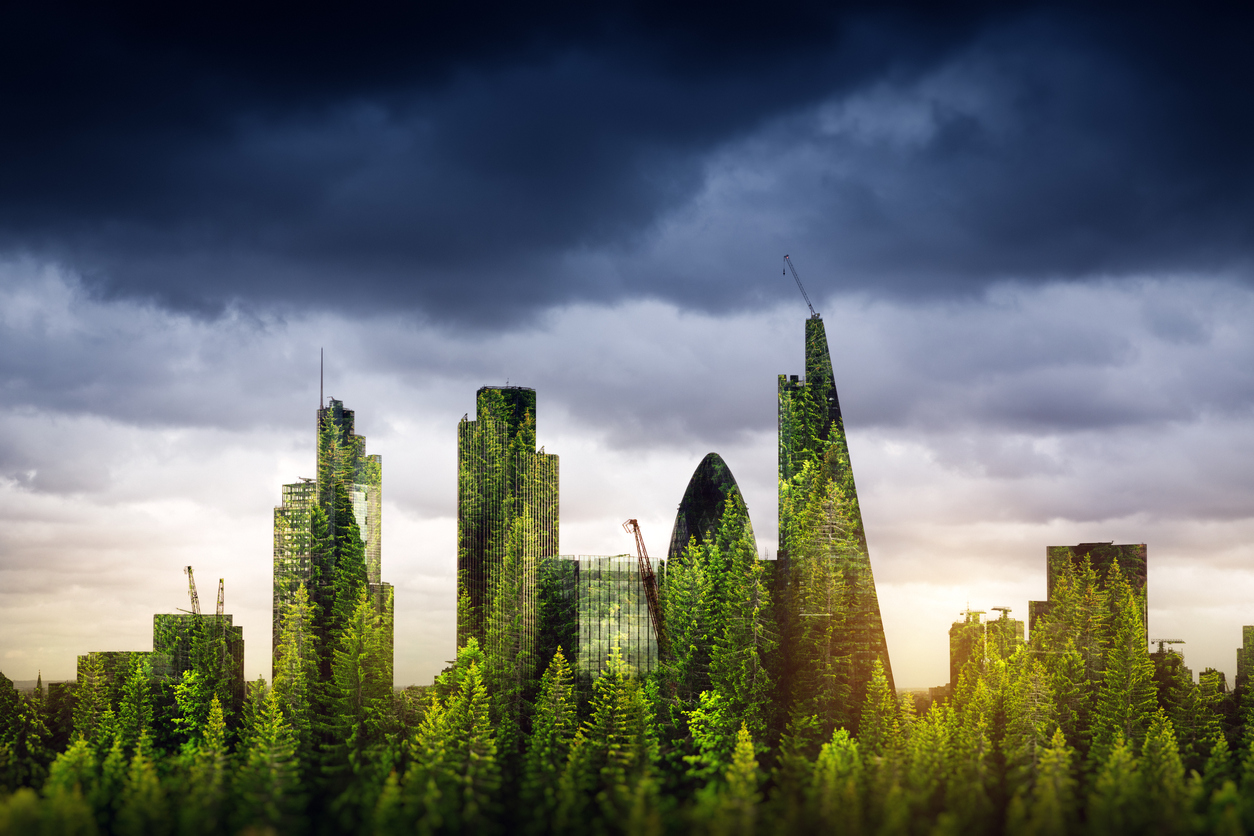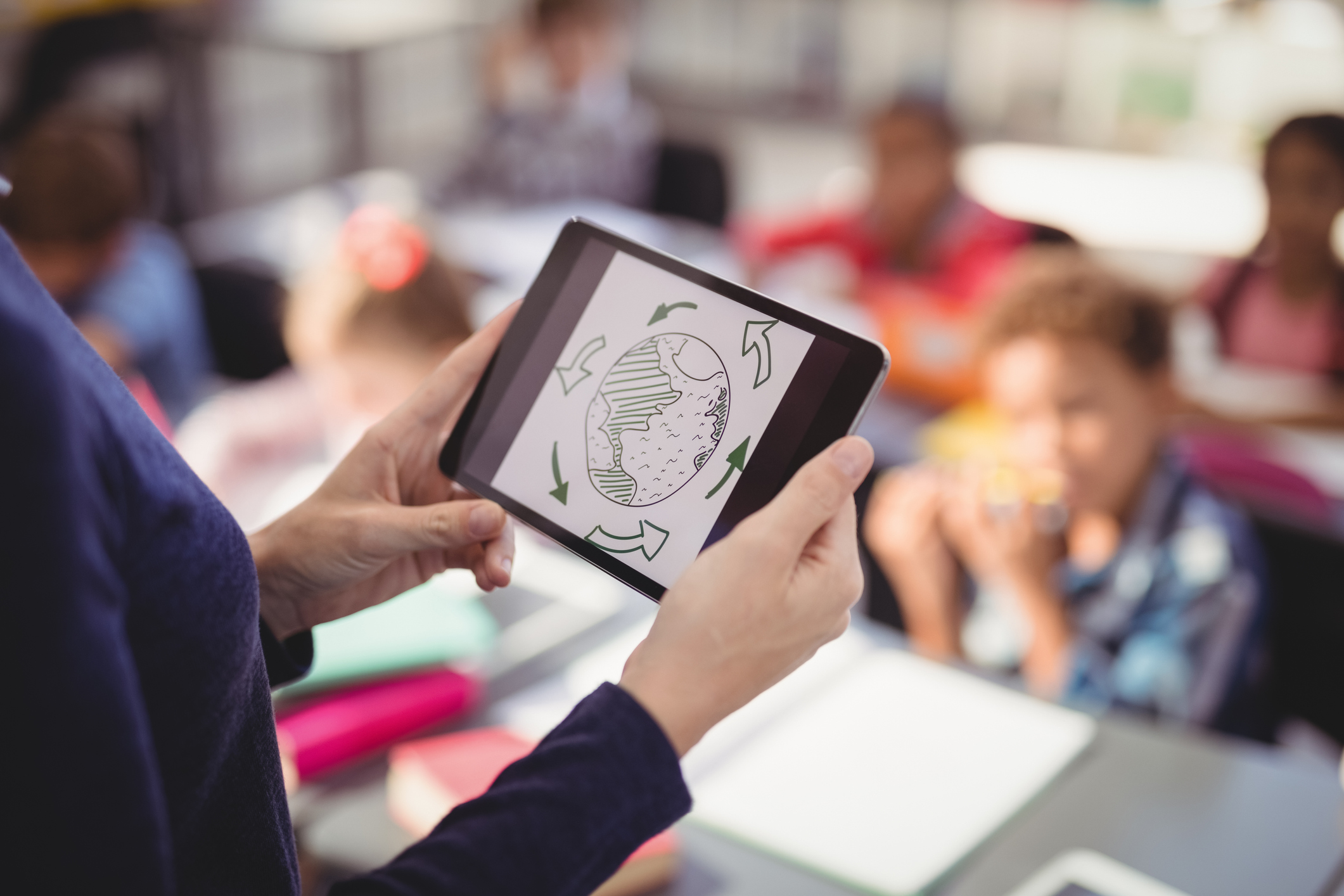This won’t be the first time you’ve heard about the plastic problem and it certainly won’t be the last. The impact and extent of plastic pollution is helpfully explained here.
But ditching plastic does not have to be a major performance. Rather than feeling pressured into making a drastic transition to a plastic-free life, there are small steps you can take to make a positive difference to the planet.
Below are 8 valuable ways you can alter your behaviour, which are within reach and worthwhile:
1. Switch to a wooden toothbrush
So you want to take care of the environment? Then it’s time to put your money where your mouth is. Since each toothbrush takes up to a thousand years to decompose, we ought to replace plastic ones for wooden ones. The Independent have rounded up their reccomendations, which you can check out here.
According to the co-founder of the London Centre for Cosmetic Dentistry, Dr Mervyn Druian, using a bamboo toothbrush with plastic bristles is the best thing to do.
This way, the actual toothbrush is biodegradable so you can simply throw it onto the compost to dispose of it. Importantly though, you’ll have to remove the plastic bristles beforehand.
So now you know it’s possible to have clean teeth and a clean planet, wood you (pardon the pun) ditch your plastic toothbrush for a more sustainable one?
2. Say no more to plastic drinking straws
From my experience of drinking with paper straws, which many people will probaby be able to relate to, it’s a race aganst time before they turn soggy and unusable.
Where paper straws often prove to be slightly impractical, metal ones are a good alternative. The benefits include safety, durability, portablity and, last but not least, eco-friendliness.
As long as they are suitably cleaned, switching to metal straws is a significant step towards being sustainable, without any sacrifices. So, have I made you sure about ditching the plastic straw?
3. Use a metal water bottle (or at least refill your plastic one)
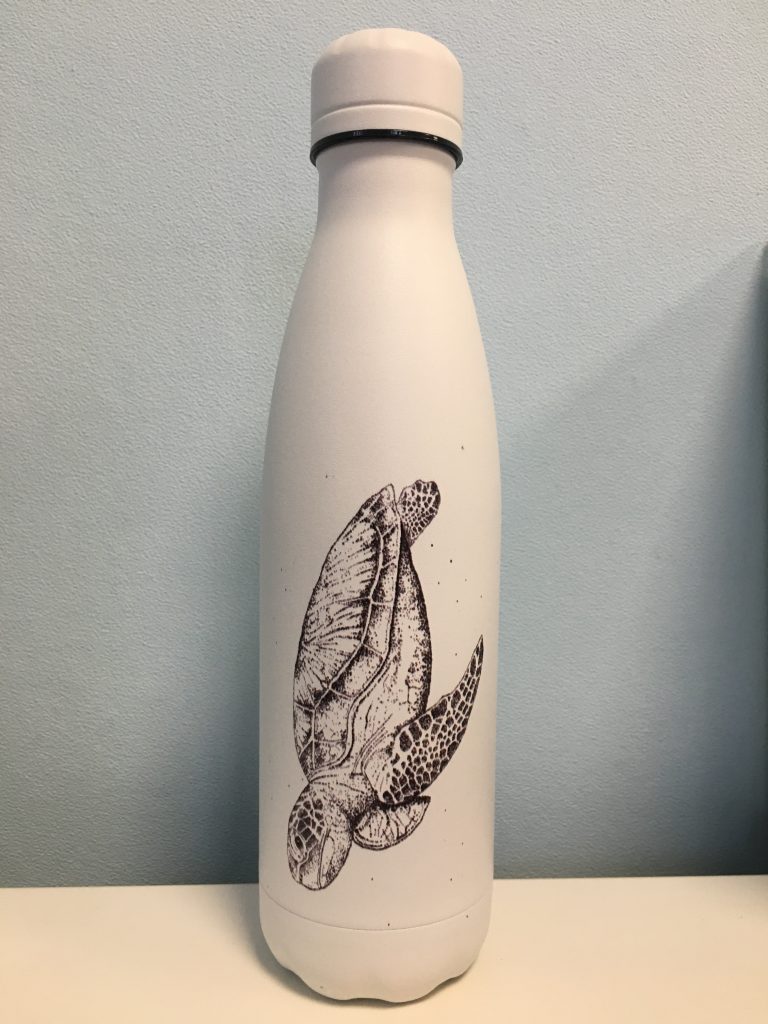
(Photo by author)
Stay hydrated without purchasing plastic water bottles. This year, I switched to a Chilly’s reusable bottle. This particular company have a mission to ‘accelerate the adoption and everyday use of REUSABLE PRODUCTS’.
The lid is made partially from plastic, so technically I am still guilty of possessing plastic. But when put into perspective, using one of these bottles seriously reduces general plastic waste from single-use bottles.
A handy tool to know about is the refill app, which allows you to find water on the go.
It’s a scheme which encourages people to: ‘save money, stay hydrated and prevent plastic pollution at source by using the free Refill app on the go, or look for the Refill droplet in shop windows’.
So now you don’t have to worry about running out of water when you’re out and about.
4. Consider wooden toys
Often overlooked is the amount of plastic used to produce, and even package, toys. The good news? There is an alternative.
Move over plastic, as classic wooden toys could – and should – be making a comeback. Crucially, and in stark contrast to plastic, wooden toys are biodegradable. They are also very durable.
Plus, there is no ambiguity around the materials used to make wooden toys. Whereas plastic toys have increasingly come under investigation for potentially containing harmful toxins and chemicals.
5. Buy loose fruit and vegetables
There really is no need to package loose fruit and veg with plastic, despite the fact that it is the norm in supermarkets far and wide.
Sainburys have set the eco-conscious tone for other stores, by becoming the first UK supermarket to remove plastic for its loose fruit, vegetables and bakery items.
In turn, customers can either purchase a reusable bag made from recycled materials, or bring their own alternative, to carry their fruit and veg.
Although supermarkets should take responsibility for the plastic problem across all of their products, loose fruit and veg is a good place to start. Hopefully, sustainable solutions to reduce plastic packaging will only grow from here.
6. Refill your cleaning products
Did you know there are many companies out there who offer a refill service for your cleaning products? For instance, Splosh is a business dedicated to cutting plastic waste through their refillable bottle initiative. They offer refills for laundry, dishes, home and personal use.
They flaunt their achievments, including how uncomplicated their service is: ‘we’ve made refilling easier than recycling’. Often, people are put of by the thought of being inconvenienced by making massive lifestyle changes.
But simply ordering your bottled products and the refills is as easy as it gets to ditching the plastic. And the results are clear as days.
Splosh says ‘together we have saved 397,253 bottles from bins!’. Now that is a figure to be proud of. Will you join the environmental refill movement to help restore faith in humanity?
7. Commit to a reusable coffee cup
Espresso your love for the environment by remembering to bring a reusable cup out with you. If you’re still yet to buy one, here’s a handy list of recommended reusable cups.
Many coffee hubs now offer a small discount to customers who use their own cup, an important stepping stone towards encouraging reputable brands to respond to the climate crisis.
These kind of initiatives are also very necessary in giving people an incentive to change their behaviour in small, yet effective, ways.
Similarly, rewards for sustainable actions are more likely to encourage repetition of eco-conscious gestures.
8. Use soap instead of shower gel
Making the subtle switch from plastic-bottled shower gel to a bar of soap is really no biggie, but it could have a hugely positive impact on the environment.
When shower gel runs out, the empty bottle is disposed of, contributing to the plastic problem.
In order to avoid this mindless single-use of plastic, it makes sense to buy bars of soap instead.
So, we know plastic is not fantastic. Nevertheless, it is absolutely everywhere, ingrained into our daily routines and difficult to escape from.
Still, there are manageable changes we can make to becoming more sustainable.
The plastic problem is something we must all acknowledge as a pressing issue. The trick is to trust that your small action does have a wider impact on the environment.
